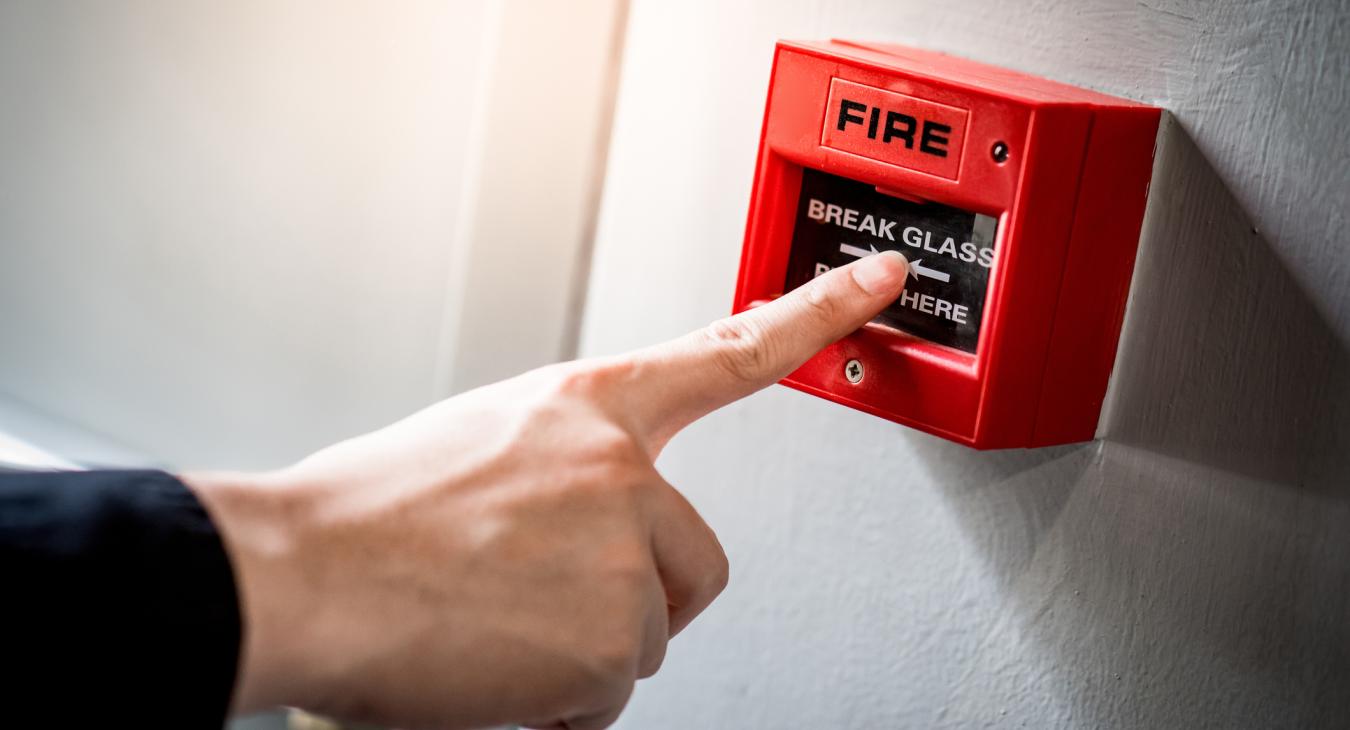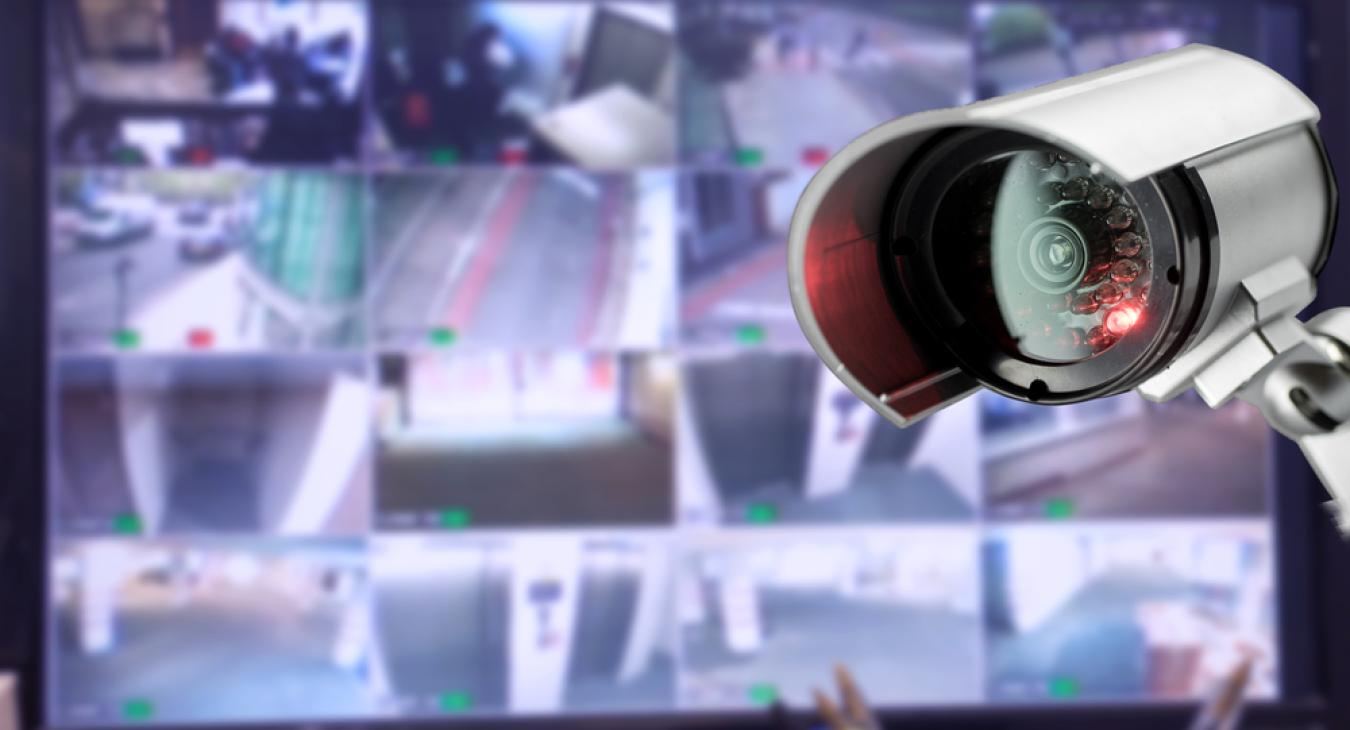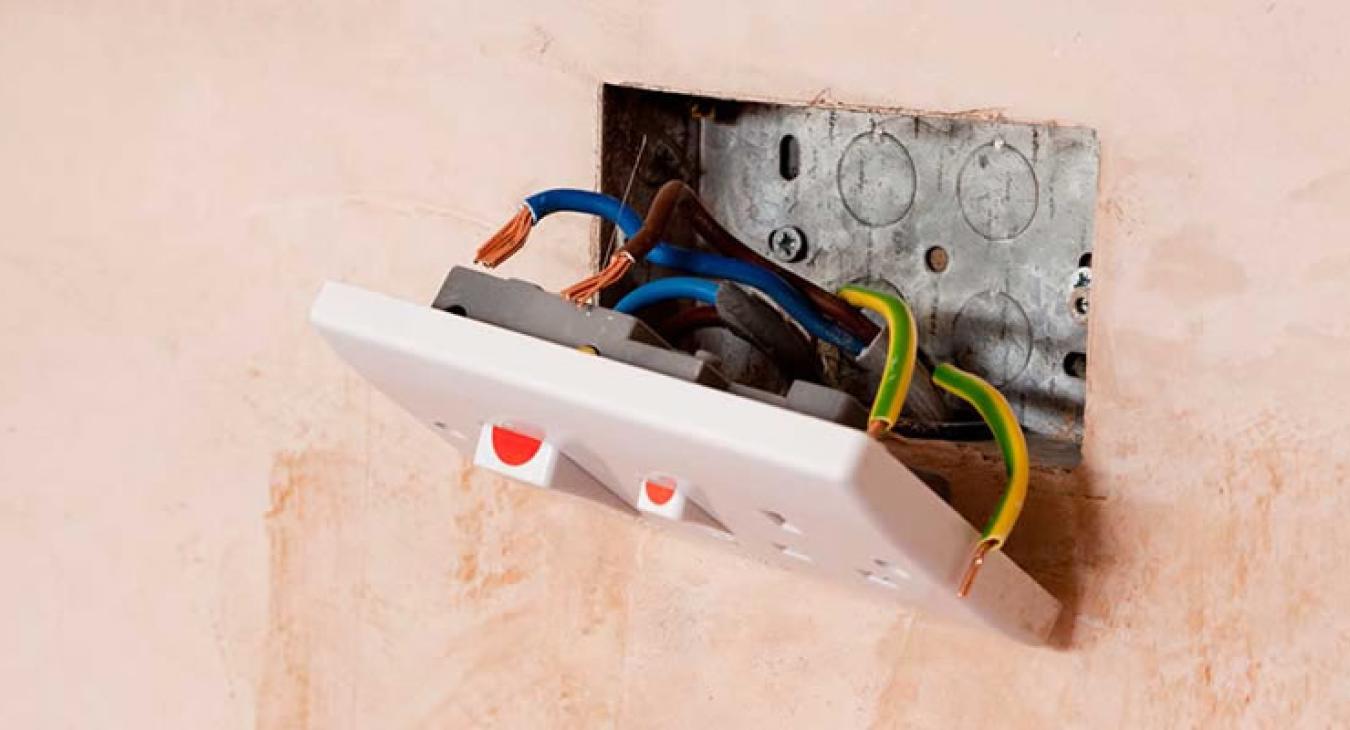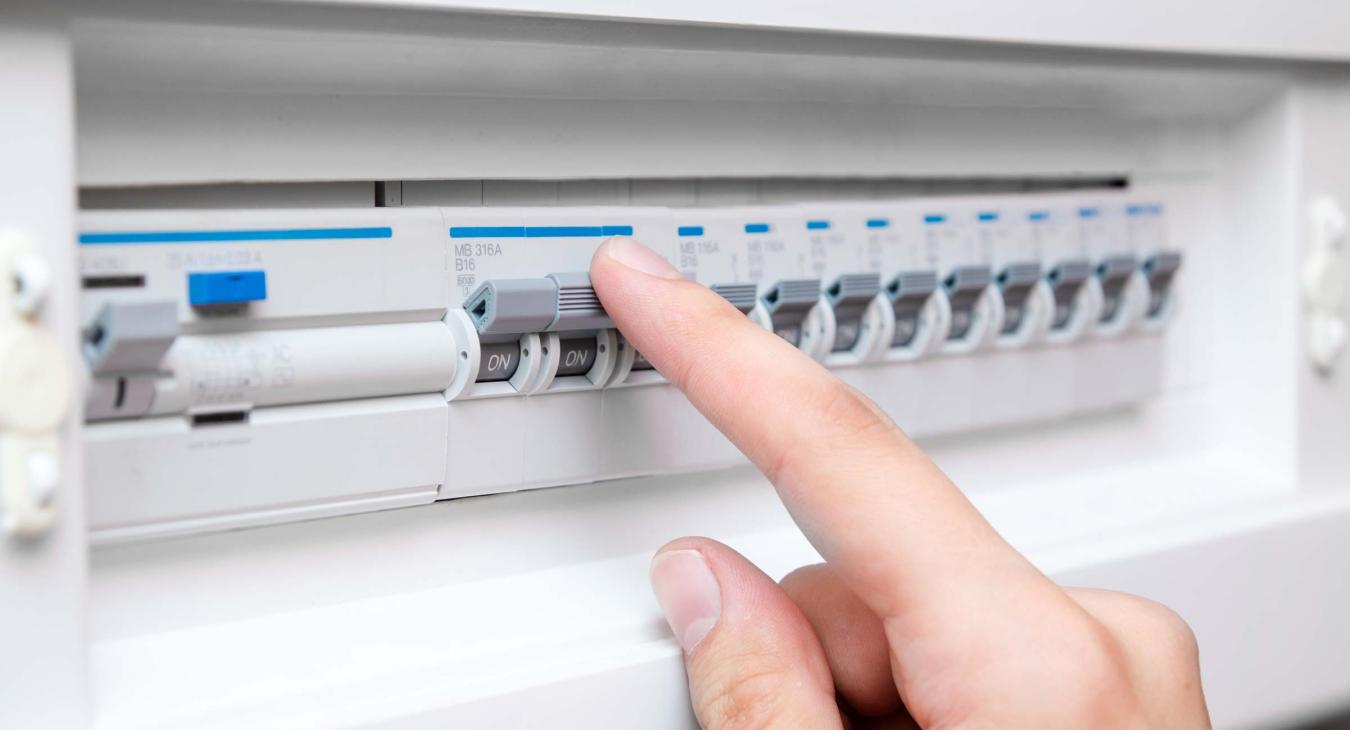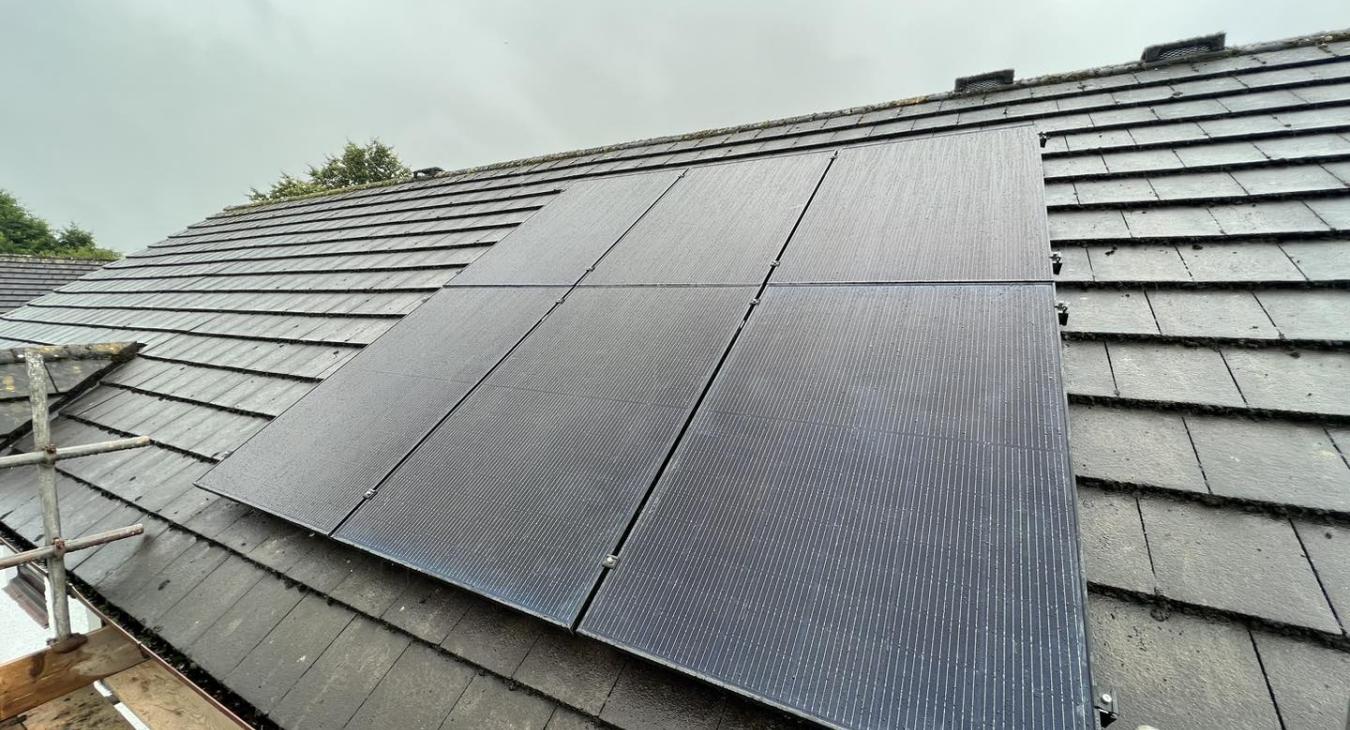
In the renewable energy world, solar power has taken centre stage as a clean and sustainable source of electricity. With advancements in technology, solar panels have become a popular choice for Blackpool homeowners and businesses looking to reduce their carbon footprint and cut down on energy costs. However, there's a common misconception that solar panels only work on sunny days and that's simply not the case.
Shedding Light on Solar Panel Operation
Solar panels, also known as photovoltaic (PV) panels, harness the energy from sunlight and convert it into electricity. This process occurs through the photovoltaic effect, which takes place when photons from the sunlight strike the solar cells within the panels. This interaction generates an electric current that can then be used to power homes, businesses, and even feed excess energy back into the grid.
It's All About Daylight, Not Just Sunlight
Contrary to popular belief, solar panels don't require direct, intense sunlight to function. While it's true that solar panels produce more energy on sunnier days, they still generate power on cloudy or overcast days as well. The key factor is daylight. Even on a cloudy day, solar panels are still able to capture and convert sunlight into electricity. This means that solar panels can generate power even during the early morning, late afternoon, on days with partial cloud cover and throughout winter. In fact, if the sunlight is too intense solar panels can underperform with excessive heat.
The Efficiency Factor
The amount of energy generated by solar panels will be influenced by the level of sunlight available. On brighter days, solar panels operate at their maximum efficiency, producing higher amounts of electricity. On the other hand, during cloudy weather or low-light conditions, the energy output might be slightly reduced, but the panels are still at work, contributing to your energy needs.
Maximising Solar Panel Performance
To maximise the performance of your solar panels, it's essential to consider factors such as panel orientation, tilt angle, and shading. Correct placement and maintenance can help ensure that your panels receive as much daylight as possible, optimising their efficiency regardless of weather conditions.
The Importance of Professional Installation for Optimal Solar Performance
It's important to note that correct installation plays a crucial role in maximising their performance and longevity. This is where trained and experienced electricians come in to play. A professional installation ensures that your solar panels are not only securely mounted but also strategically placed to capture the most sunlight throughout the day. Our electricians at West Coast Electrical in Blackpool have the expertise to assess your properties unique characteristics, such as orientation to the sun, potential shading, local regulations and the number of panels that will fit on your roof.
Qualified and experienced electricians have an in depth understanding of electrical systems, which is essential for connecting your solar panels to your home. By relying on experienced electricians, you're not just ensuring the correct placement of panels you're also guaranteeing that your solar system runs efficiently and safely. Our expertise minimises the risk of uses down the line, such as faulty connections, poor performance, or even hazards due to incorrect installation.
To summarise it is a misconception that solar panels operate only on direct sunlight. Solar panels operate based on daylight. Cloudy or overcast days might result in slightly reduced energy output, but solar panels will still generate power, contributing to your renewable energy goals and cost savings. If you're considering installing solar panels but had concerns of our British weather rest assured that they will be at work harnessing daylight and making a positive impact on your energy consumption.
Get in touch on 01253 366095 for more information on solar installation or a quote. Our experienced and fully qualified electricians at West Coast Electrical Blackpool will be happy to help.

